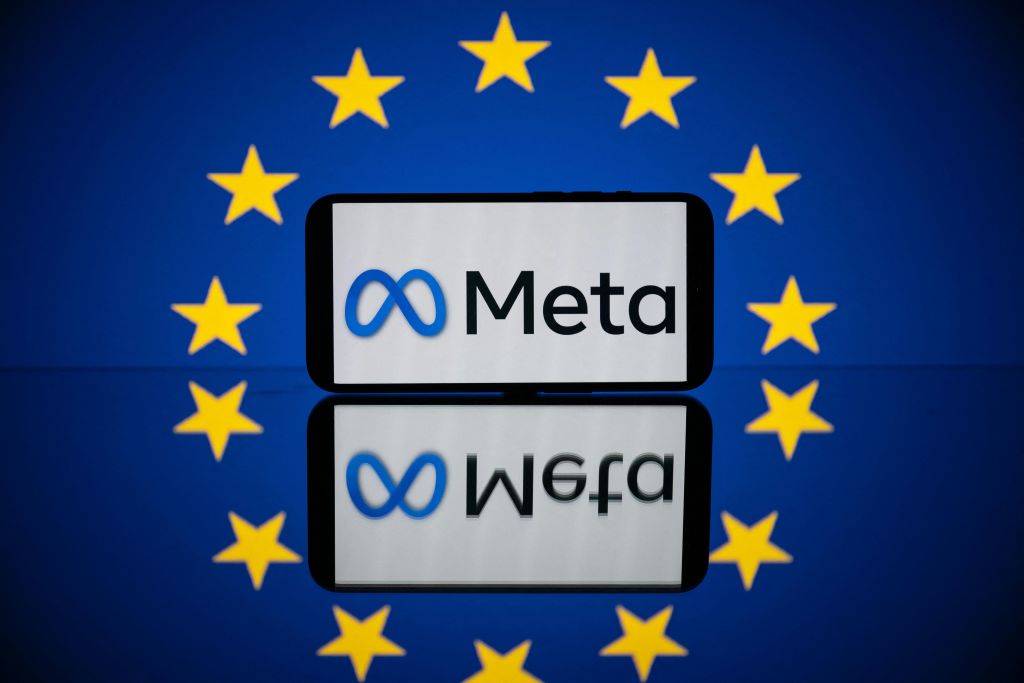In a move that has sparked considerable debate and legal action, Meta, the tech behemoth behind Facebook and Instagram, finds itself at the center of a storm concerning its data collection practices. European consumer rights groups have thrown a spotlight on what they describe as a “massive” and “illegal” operation, alleging that Meta’s methods of gathering data breach the stringent General Data Protection Regulation (GDPR) laws of the European Union.
The European Consumer Organisation (BEUC), representing 45 consumer groups across the continent, has initiated a coordinated legal challenge against Meta. Their accusations are grave: Meta is purported to collect an exorbitant amount of information from users—ranging from their sexual orientation to their emotional states—without a clear mechanism for obtaining informed consent. This, the groups argue, underpins a surveillance-based advertising system that is fundamentally at odds with the GDPR’s requirements for transparency and user control over personal data.
Meta’s response to these allegations underlines their confidence in their compliance with GDPR, citing significant overhauls in their privacy policies since 2019. They emphasize their ongoing dialogue with regulators and policy-makers to align their data practices with the highest standards of data protection. Yet, the backdrop of this controversy is a €1.2 billion fine slapped on Meta by EU regulators in May 2023 for violating GDPR rules, marking a historic penalty for data mishandling.
This unfolding saga raises profound questions about the balance between business models reliant on data and advertising and the imperative to protect user privacy. As Meta navigates these choppy waters, the outcomes of these legal challenges may set important precedents for how digital companies engage with users’ data rights in the future.
The tug-of-war between Meta and European regulators is more than a legal skirmish; it’s a bellwether for the evolving relationship between tech giants and the individuals whose data fuels their platforms. As we move forward, the spotlight will remain firmly on Meta, not just on the immediate legal outcomes, but on how it adjusts its sails in response to the growing demand for privacy in the digital age.
Related posts:
Meta accused of illegal data collection by European consumer rights group
Meta accused of ‘massive, illegal’ data processing by European consumer groups
European Regulators Accuse Meta Of ‘Massive, Illegal’ Privacy ‘Smokescreen’





